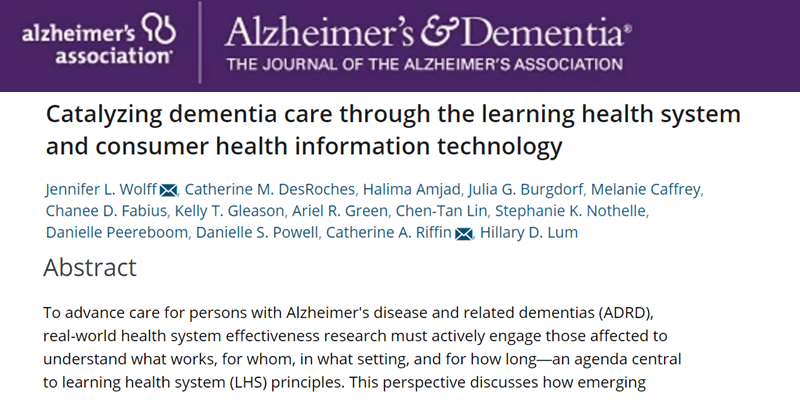April 2024 – In Grand Rounds 46, Dr. Ballard speaks on the WHELD programme – an evidence-based program developed to coach and support care home staff to deliver better person-centered care and increase opportunities for social interactions with personalized activities for residents living with dementia.
Speaker
 Clive Ballard, MD, MPH
Clive Ballard, MD, MPH
Professor of Age-Related Diseases
University of Exeter
Learning Objectives
- Understanding some of the challenges for nursing homes and people with dementia living in these settings
- Understanding the impacts of psychotropic medications in nursing home residents with dementia
- Understanding the best evidence regarding interventions to improve outcomes for nursing home residents with dementia
Podcast




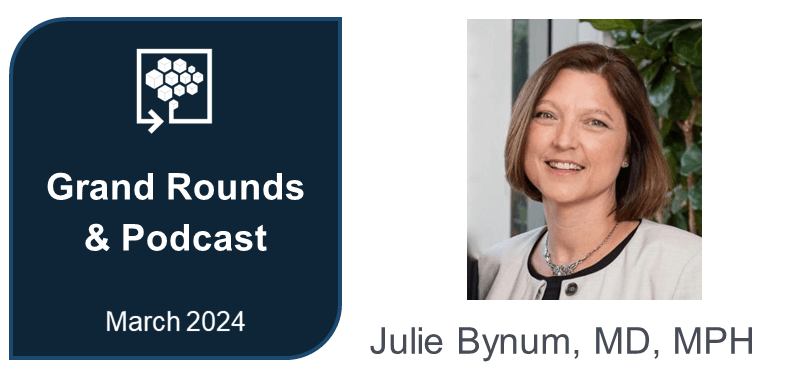

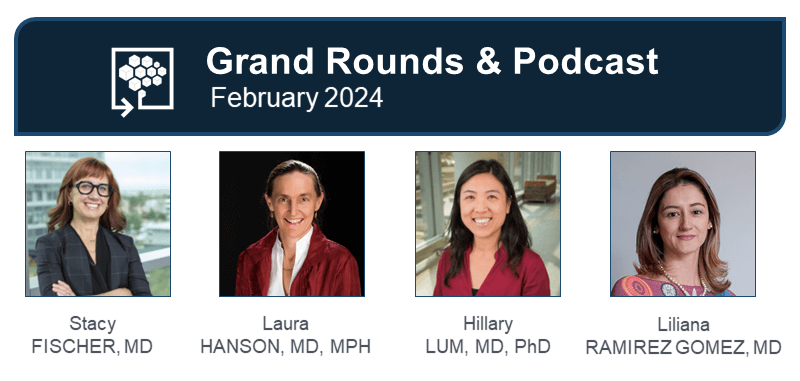


 Laura Hanson, MD, MPH
Laura Hanson, MD, MPH Liliana Ramirez Gomez, MD
Liliana Ramirez Gomez, MD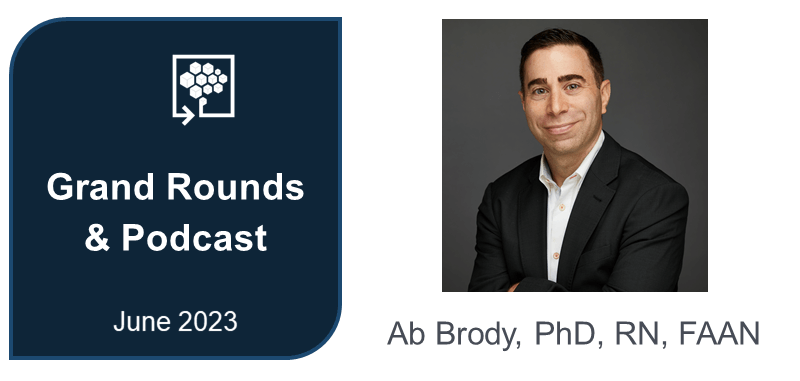
 Ab Brody, PhD, RN, FAAN
Ab Brody, PhD, RN, FAAN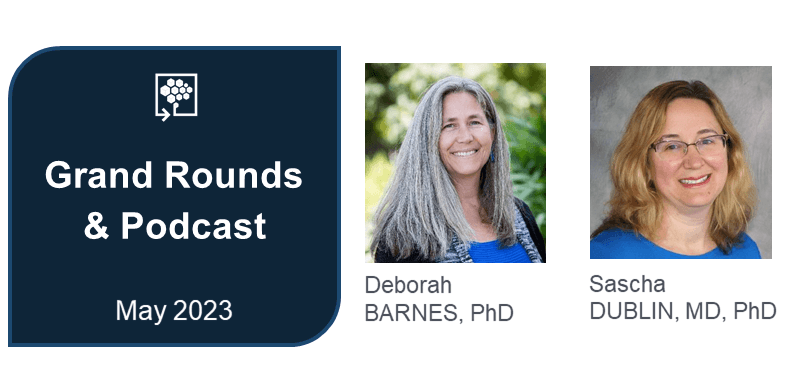
 Deborah Barnes, PhD
Deborah Barnes, PhD  Sascha Dublin, MD, PhD
Sascha Dublin, MD, PhD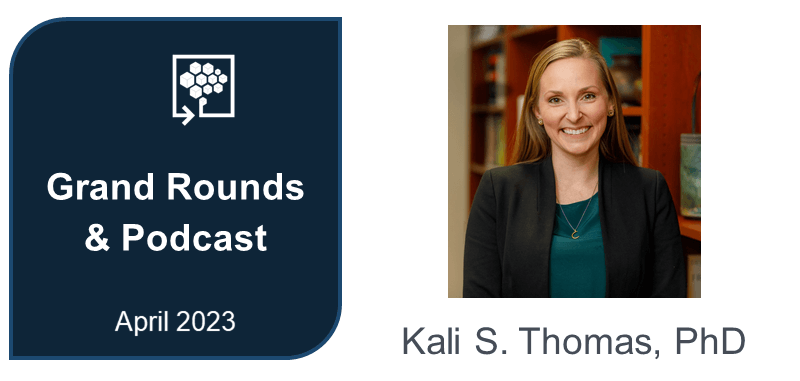
 Kali S. Thomas, PhD
Kali S. Thomas, PhD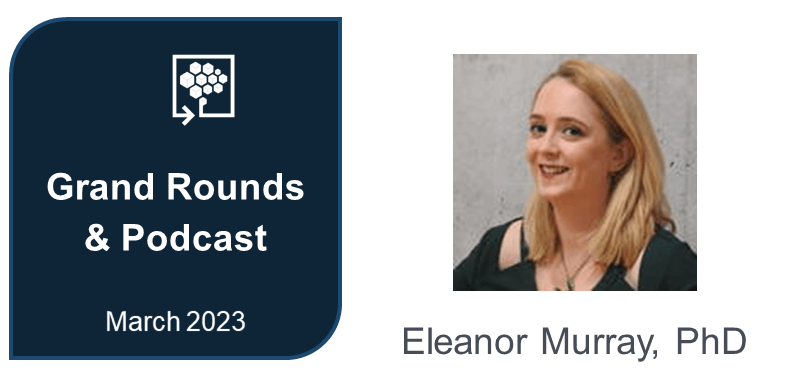

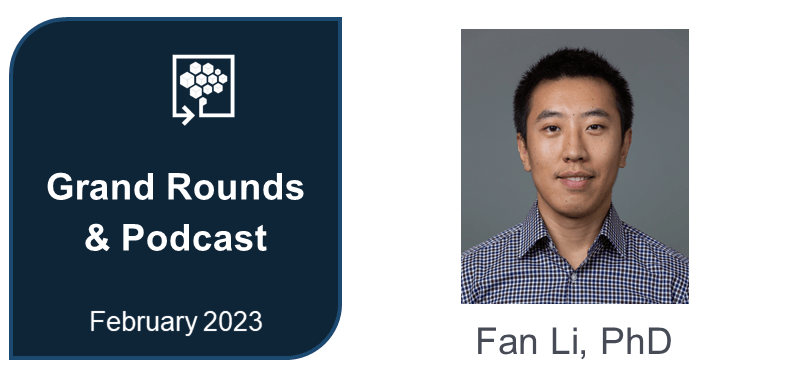

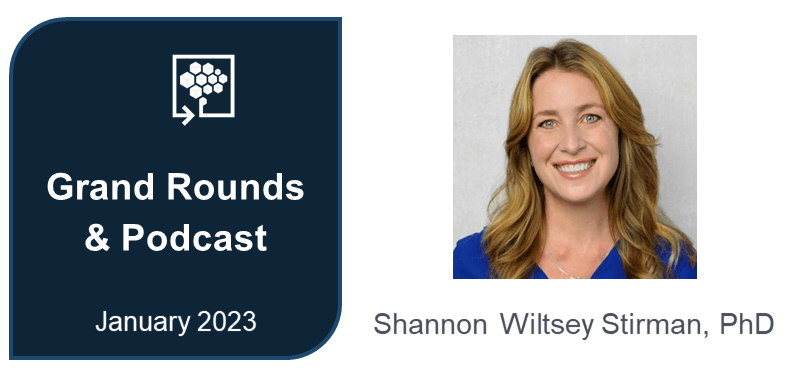
 Shannon Wiltsey Stirman, PhD
Shannon Wiltsey Stirman, PhD